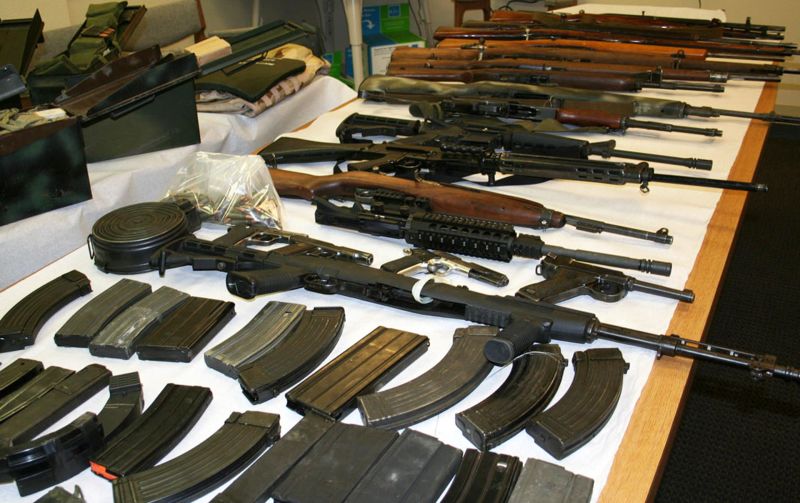In California there’s a unique program meant to keep guns out of the hands of people who aren’t allowed to own them.
It’s called the Armed Prohibited Persons System, or APPS. The program has bipartisan support and a stubborn backlog of cases. The problem will be discussed Thursday in a state Senate hearing.
People with felony convictions, a history of violence or severe mental illness lose their right to legally own a gun in California. It falls to the state to confiscate those weapons -- but there are 10,226 cases still waiting to be addressed.
State Sen. Patricia Bates (R-Laguna Niguel) said that’s too many.
"This is just intolerable," she said. "We cannot be sitting here knowing that a person who shouldn't be in the possession of a gun, a firearm, still has it."

